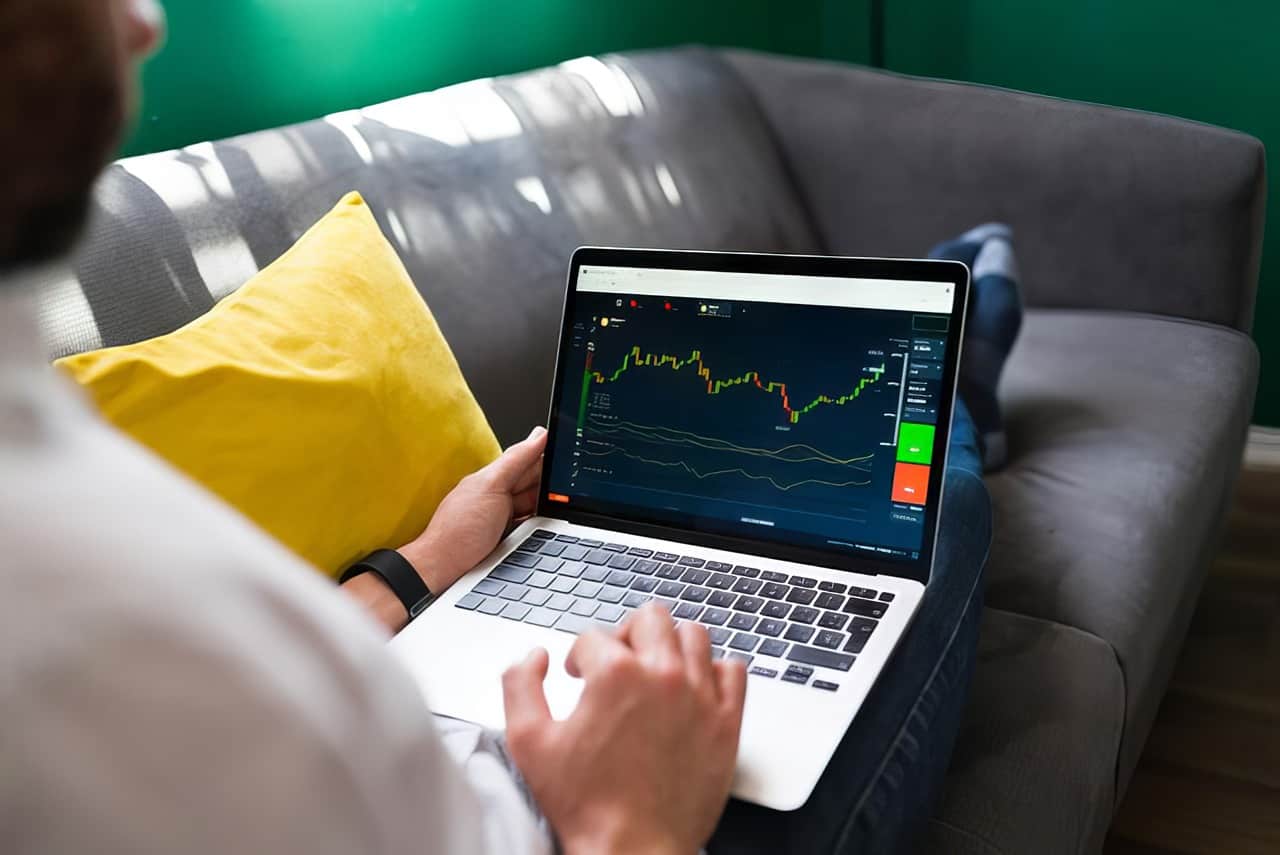Every trader has a unique journey and experience when investing in the foreign exchange market. Still, their collective wisdom reveals what every newbie should know to avoid foreseeable mistakes. With the correct information, you can certainly succeed on your forex journey.
Things You Should Know as a Beginning Forex Trader
From those who trade only for fun to those who aim to become professionals, everyone has a purpose for entering the forex market. Whatever your reason, engaging in the forex market, especially on a platform like Mt4 Trading, comes with a steep learning curve. Here are eight things you should know to succeed in the FX market.
1. Discipline Is Important
Being disciplined means being patient and waiting for your system to signal when to act. There may be times when the price doesn’t meet your expected point, and during these moments, it’s essential to trust your system. You can use risk management tools such as stop-loss and take-profit to safeguard your positions. A stop-loss (SL) order is a limit order that states the maximum amount of money you are ready to concede on a particular trade. It safeguards your trading account against further losses. The purpose of a take-profit (TP) order is inverse to that of a stop-loss order. It indicates the price at which a trade can be closed out for a profit.
2. Forex Won’t Make You an Overnight Millionaire
Forex doesn’t magically turn a $1000 account into $10,000. Your earnings depend on how much you trade with, not just your strategy alone. Nonetheless, you can trade Forex successfully for a living by building up your accounts to generate sustainable income gradually. Again, it isn’t a get-rich-fast scheme. It takes a lot of resilience.
3. Not All Trades Are Successful

No system wins 100% of the time, despite claims of some gurus. Focus on limiting the downside on each position through stop losses and controlling position sizing. Measure success in probabilities, not guarantees. With a solid process executed with discipline, you can achieve consistent overall profitability.
Review and learn from losses to improve future performance. Evaluate the reasons behind unprofitable trades to refine your strategy and mindset. Success comes from tipping the odds in your favor over time, not aiming to win every position.
4. Know Your Time Frame
When determining your approach, consider your time frame and comfort level with overnight risk. Using a five-minute chart suggests a preference for avoiding overnight risk, while choosing weekly charts indicates a willingness to tolerate such risk.
Additionally, decide whether you prefer to spend all day monitoring the markets or conduct research over the weekend and make decisions for the upcoming week.
Then, ultimately, remember that significant gains in the forex markets require time, and short-term scalping may result in small profits or losses, requiring more frequent trading.
5. Control Your Emotions
The market is often driven by fear and greed, and these emotions can impact your decision-making. Rushing into a trade for fear of missing out can lead to losses, while desire may lead to over-trading or investing too much capital at once. It’s essential as a successful trader to control your emotions and not let them dictate your actions.
6. Don’t Ever Stop Learning
Success requires continuous learning and development. The market is dynamic, with new trends constantly emerging, and you need to evolve your knowledge to keep pace. Make learning a daily habit, not a one-time event. Set aside time daily to read forex materials, research new strategies, and enhance your technical or fundamental analysis skills. Listen to Forex podcasts during your commute, and talk to others in the industry to stay ahead of the curve. Stay hungry for the latest information.
7. Minimize the Use of Excessive Leverage in Trading
Forex brokers offer high leverage ratios that allow investors to open much more prominent positions than their account balance would typically permit. While this can amplify gains, it also dramatically increases risks.
Even small moves against your position with high leverage can trigger margin calls. Always use leverage conservatively aligned to your risk appetite.
Calculate position size based on a small percentage of your capital, no more than 1–5%. This allows you to withstand market swings and avoid forced liquidations. Start with lower leverage, like 10:1, and only increase it as your skill improves. Even 50:1 leverage can be too risky for beginners.
8. Use a Good Trading Platform Like MetaTrader 4

One of the best platforms for beginners is MetaTrader 4 (MT4). MT4 provides advanced charting capabilities, a wide range of technical indicators, and the ability to automate strategies through Expert Advisors (EAs). EAs allow you to program rules and have the system automatically execute trades for you. This removes emotional decision-making and discipline issues.
Backtesting on MT4 also allows you to test your strategy on historical data to determine its profitability before risking live capital. You can optimize the inputs and rules of your EA to find the best-performing settings. The automation and speed of order execution in MT4 are advantageous compared to manual trading. Orders can be submitted and managed instantly when programmed criteria are met, enabling quick entries and exits. This allows you to capture actions in fast-moving markets. Stop losses and take profit levels can also be automated to protect capital and lock in gains.
How To Define Success as a Forex Trader
Defining success can be tricky, and many traders end up feeling like they are at a continuous loss just because they haven’t set their target for success. Becoming a successful investor requires setting a realistic and quantifiable goal and identifying available resources. After selecting your goal, it is essential to learn how to achieve it by creating an action plan that includes the currency pairs you plan to trade and the number of daily positions you will commit to. To achieve the best outcome, set an annual goal instead of a monthly one to ensure that your goal is easy to measure.


